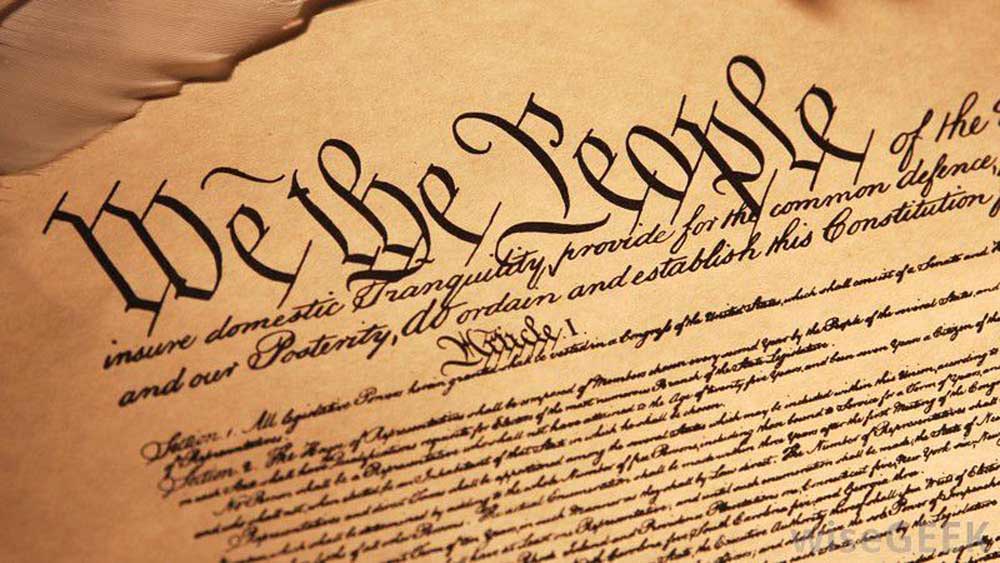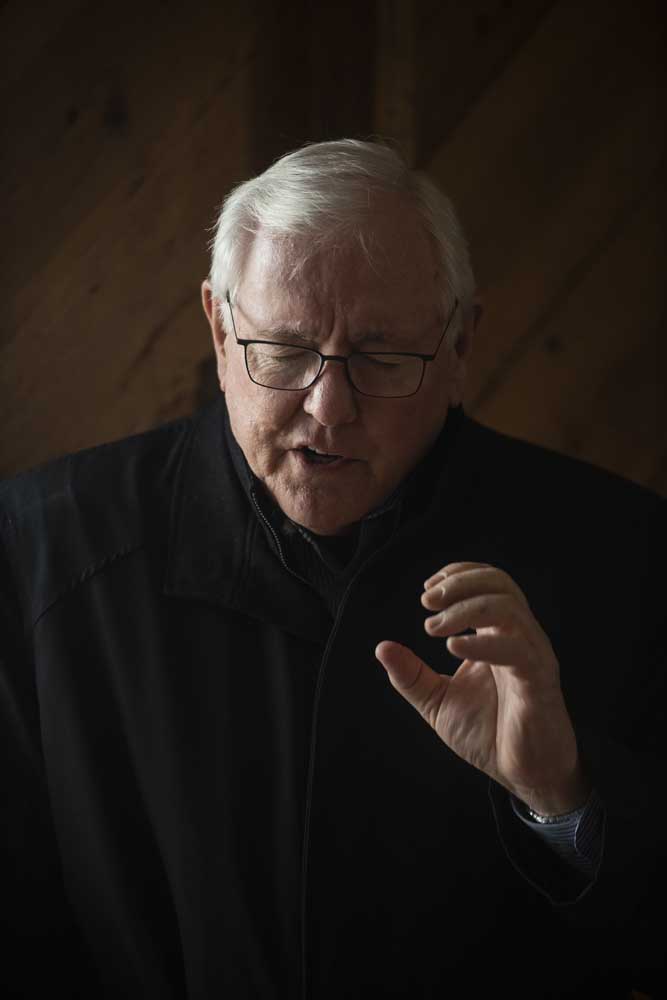Editorial: Flag burning is awful, but it’s protected speech
Published 12:18 pm Tuesday, November 29, 2016
Donald Trump’s tweets are often more about reaction that practical policy, but one of his latest deserves special scrutiny. Responding to reports of flags being burned in protests around the country, Trump said those who do so should be put in jail – or kicked out of the country, with their citizenship revoked.
He’s wrong. The First Amendment covers even speech we don’t like. Burning the American flag is repugnant, but imagine if progressives had the power to outlaw speech they found objectionable.
“President-elect Donald Trump proposed on Tuesday a penalty – including possible jail time or loss of citizenship – for burning the American flag, in spite of two US Supreme Court rulings that protect the act under the First Amendment as a form of free speech,” CNN reported on Tuesday.
Trump tweeted, “Nobody should be allowed to burn the American flag – if they do, there must be consequences – perhaps loss of citizenship or year in jail!”
Here’s why he’s wrong. It was just 26 years ago that the U.S. Supreme Court declared flag burning to be protected political speech.
The United States v. Eichman was decided on June 11, 1990.
“While flag desecration – like virulent ethnic and religious epithets, vulgar repudiations of the draft, and scurrilous caricatures – is deeply offensive to many, the Government may not prohibit the expression of an idea simply because society finds the idea itself offensive or disagreeable,” the Supreme Court held.
Why is this so important? The freedom of expression is under threat today, from those who would silence speech they find offensive or disagreeable. The threat comes from college students who demand “safe spaces” free of any dissenting views, and from radical Islamists who feel that cartoons of their prophet are justification for murder.
There’s also a movement to ban so-called hate speech – or find an exception for it in the Constitution.
CNN anchor Chris Cuomo, for example, claimed last year on Twitter that “hate speech is excluded from (constitutional) protection.”
But it’s not.
“There is no hate speech exception to the First Amendment,” writes UCLA Law Professor Eugene Volokh in the Washington Post. “Hateful ideas (whatever exactly that might mean) are just as protected under the First Amendment as other ideas. One is as free to condemn Islam – or Muslims, or Jews, or blacks, or whites, or illegal aliens, or native-born citizens – as one is to condemn capitalism or Socialism or Democrats or Republicans.”
That freedom is fundamental to our democracy. It’s too easy to label dissent as hate speech, and thereby silence the opposition. That’s why the Supreme Court was right to uphold flag burning.
A Court that banned flag burning would be fully capable of someday cracking down on the Bible, for example, under the guise of penalizing “hate speech.”
The flag itself stands as a symbol against such nonsense – even if it’s alight.
Of course, we’ve all learned not to take Trump’s tweets too seriously; he has a habit of reversing himself in a few days (or even in a few minutes). Still, the First Amendment must be defended.








